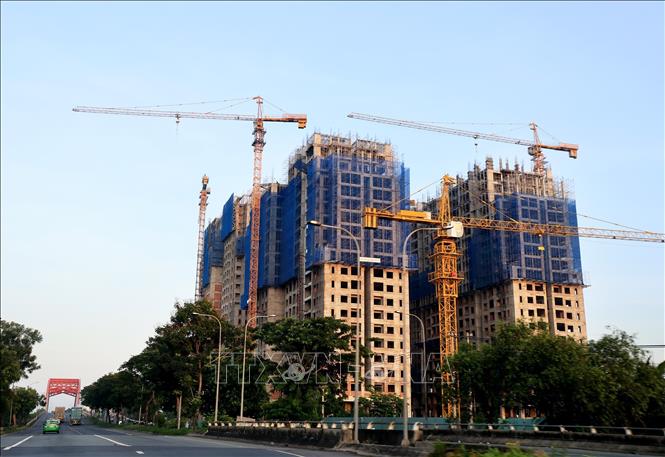
In addition to generating profits, investors also demonstrate their social responsibility, build a positive brand image and create sustainable values for the community. This not only helps to minimize investment risks but also contributes to building a better urban environment.
However, experts also commented: Accurately measuring the social value that real estate projects bring is still a big challenge. Mr. Sam Crispin - Senior Director of Sustainable Development and ESG Asia - Pacific shared that although many developers and property managers have contributed to the community, the establishment of a clear evaluation system, from setting goals to measuring results, is still quite limited.
Just as environmental regulations have helped prevent “greenwashing” (falsifying green advertising to gain unfair competitive advantage), the social element of ESG (environmental - social - governance) also needs a clear legal framework and assessment standards.
“The lack of a unified measurement system will enable businesses to make inaccurate claims about the social value of projects, affecting the reputation of the industry and losing public trust,” Mr. Sam Crispin emphasized.
Therefore, transparency in measuring social value will encourage real estate businesses to invest more in projects that benefit the community. Recognizing buildings based on positive social impact not only enhances their image but can also lead to profit growth, similar to what has happened in the environmental sector.
In particular, investing in social value from the early stages will help the project become more sustainable and bring long-term profits. Ms. Tran Minh Ai - Senior Director of Savills Vietnam Real Estate Management Department analyzed that to create projects with social significance, investors and developers need to consider the entire life cycle of the project, from planning to completion.
Integrating social value into projects is not only a trend but also an urgent requirement to ensure sustainable development. Therefore, businesses need to have a cultural shift, prioritize projects that benefit the community and build close relationships with local communities.
This expert recommends that in the process of managing and operating real estate projects, stakeholders including investors, management boards, tenants or the community of residents at the project need to have a unified vision to have a clear and appropriate strategy to enhance social value for the project and related communities.
In fact, there are many opportunities for buildings and their stakeholders to add social value to their projects and communities. For example, through collaborative activities, supporting local charities, or supporting activities that promote cultural and human diversity, projects can contribute to building safer, healthier, and more sustainable communities.
In addition, the project can contribute to supporting businesses to operate sustainably and responsibly locally by creating opportunities for them to become project suppliers or partners for related activities.
Even some commercial projects such as offices, retail, universities can create spaces to encourage the activities of young businesses, start-ups and cultural groups to establish creative, meaningful places for the community within the project campus...
Currently, with the goal of reducing carbon emissions and protecting the common ecosystem, according to Ms. Tran Minh Ai, real estate projects in Vietnam can consider tree planting or landscape design projects, participate in wildlife protection activities and ensure diversity of activities, or promote green transportation solutions.
Savills' survey shows that developers, investors and stakeholders are gradually starting to view social value in a project as an investment, not just a cost.
Valuing an intangible factor such as the value that real estate can bring to the community is not an easy process. A decade ago, environmental concerns – the E factor in ESG – were also vague and difficult to quantify. But now, environmental factors have become an indispensable value in business operations as well as the process of developing a new real estate project – Savills experts cited.
As global social issues become increasingly pressing, the social (S) element of ESG is playing an increasingly important role in the real estate sector. Rising inequality, housing shortages and other social issues have prompted real estate investors and businesses to realize that their operations can create positive impacts on the community. Integrating social contribution activities into project management and operation processes is becoming an inevitable trend.
Wesley Ankrah, Director of Social Value at Savills, said: “It is now common knowledge to assess the environmental impact of buildings. However, the social impact of real estate is also very important. The question is how investors can create real estate projects that are not only environmentally friendly but also contribute to building diverse, dynamic communities and ensuring social equality. This includes providing affordable housing, expanding access to public services such as health, education and creating more job opportunities.
Source: https://doanhnghiepvn.vn/kinh-te/nhan-dien-tac-dong-xa-hoi-cua-cac-du-an-bat-dong-san/20241118092012782


![[Photo] Overcoming all difficulties, speeding up construction progress of Hoa Binh Hydropower Plant Expansion Project](https://vstatic.vietnam.vn/vietnam/resource/IMAGE/2025/4/12/bff04b551e98484c84d74c8faa3526e0)

![[Photo] Closing of the 11th Conference of the 13th Central Committee of the Communist Party of Vietnam](https://vstatic.vietnam.vn/vietnam/resource/IMAGE/2025/4/12/114b57fe6e9b4814a5ddfacf6dfe5b7f)









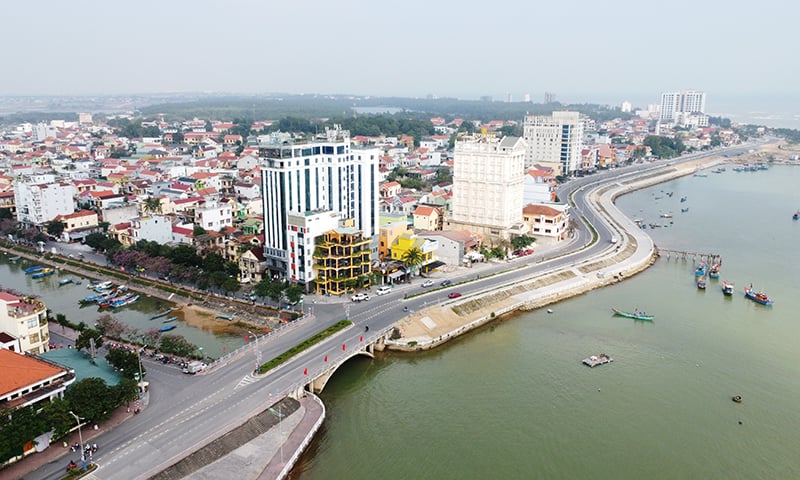

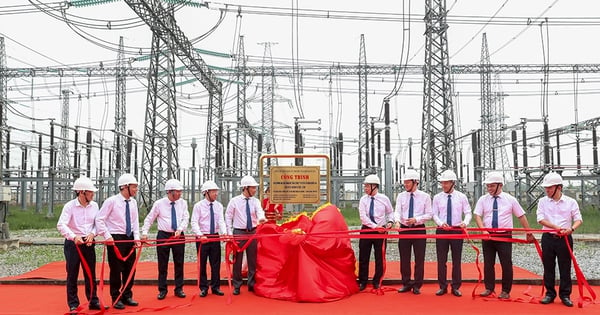
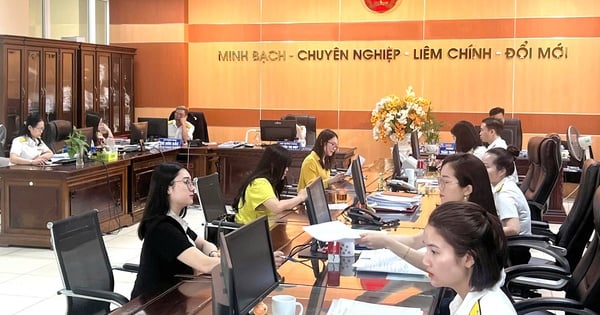



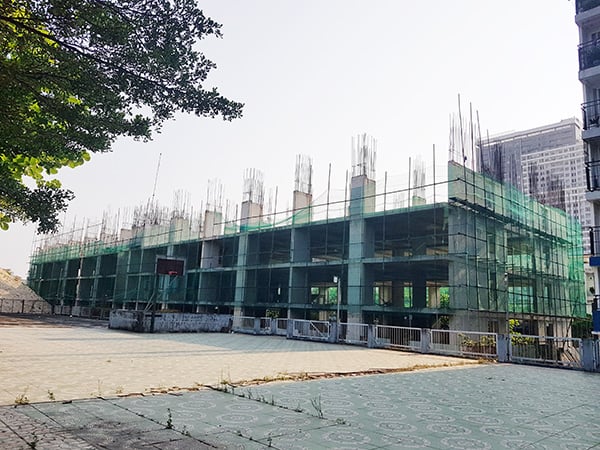




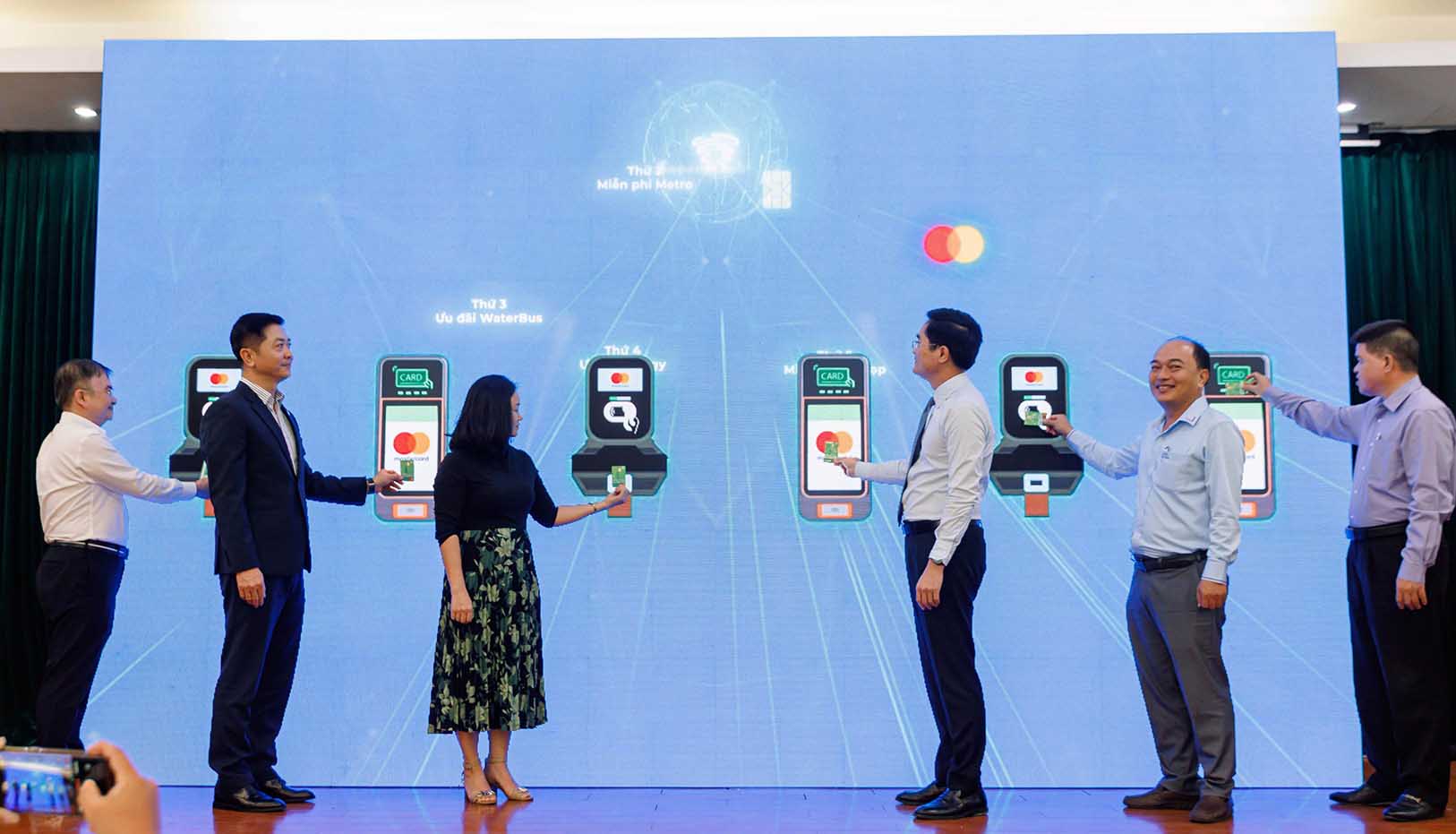



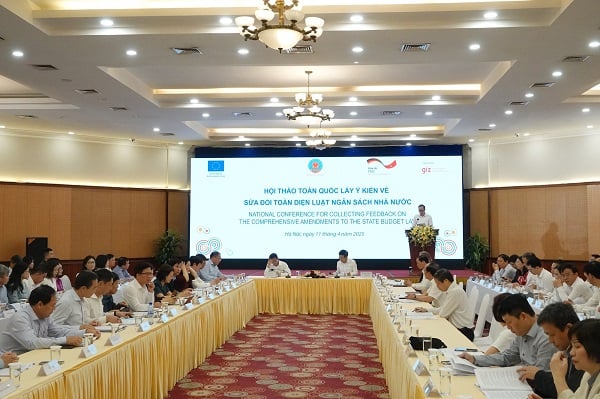


















































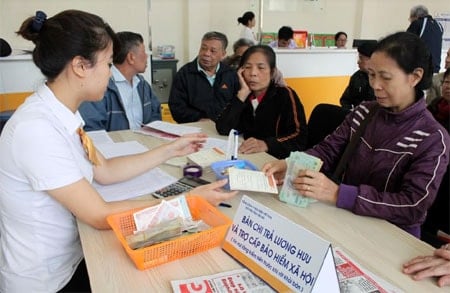

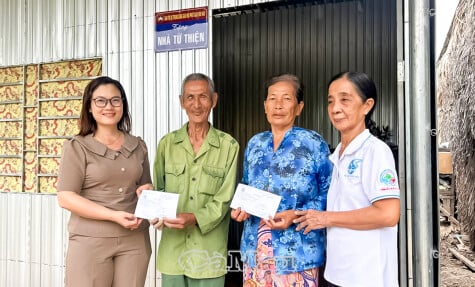












Comment (0)